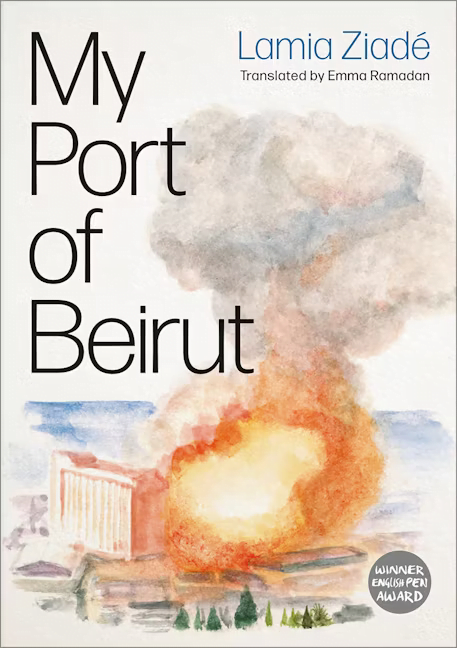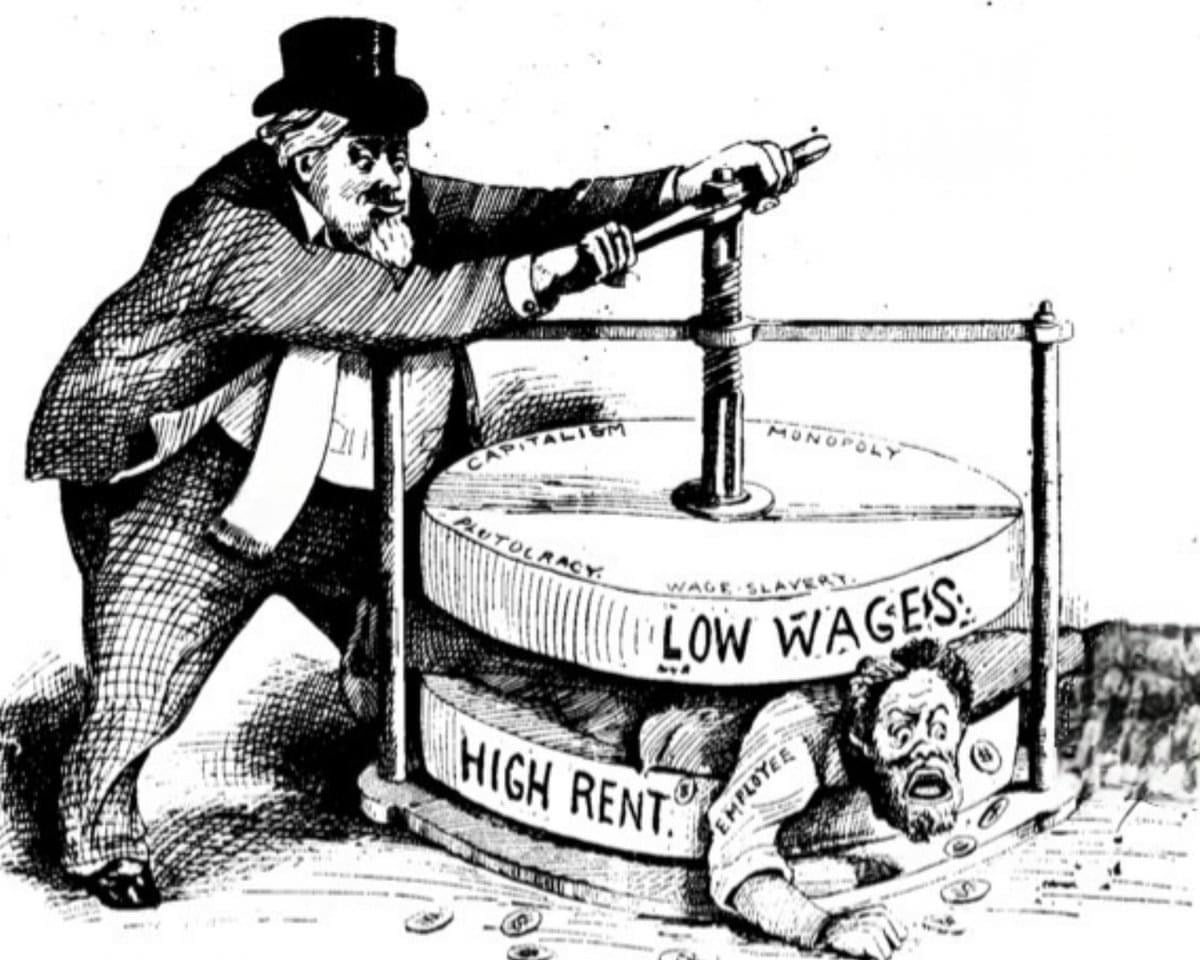
Well, one of the big prison stories in recent months has been the Incentives and Earned Privileges (IEP) “book ban”, that has so outraged the British middle classes and the country’s intelligentsia that it has brought them out on the streets to protest… to read poems outside Pentonville nick. We’ve had the likes of Mark Haddon, Philip Pullman, Sarah Waters, Mary Beard, Carol Ann Duffy, Alan Bennett, Salman Rushdie… even Jeffrey Archer (whose books are of course much more likely to be available in prison libraries than these others), expressing their outrage at the Justice Secretary Chris Grayling’s mean spirited actions. He had described the IEP crackdown as “right wing solutions [brought] to bear on social problems where the Left has palpably failed”, yet even his own side (an unnamed senior Tory) has slagged him off as being “the government’s least enlightened minister.”
Ironically, the furore has been on a much grander scale that that surrounding the banning of prisoners’ kids sending xmas parcels into their banged-up mothers and fathers last December… after all it only affected their immediate families and not the livelihoods of novelists, poets and playwrights.
The changes to the IEP Scheme that has precipitated these protests introduced at the beginning of November last year [see: Dec. 2013 edition] and were designed, according to the Ministry of Justice at the time, to change the carrot and stick regime so that it was more difficult to gain differing levels of reward that it was previously – the carrot made more remote and the stick much large. Ostensibly this was to make the prison population more compliant/better behaved (or in MoJ speak, to ensure that access to privileges in prison is more directly linked to how well a prisoner engages in rehabilitative activity). Now, in response to the literati’s intervention, the argument has become, outside of the obvious one that books have not been banned and they can always buy them out of their personal account money (except that the MoJ have not said exactly where prisoners can purchase them [see below]), is that the rules were in fact brought in to standardise rules across the whole prison estate [historically, prison governors have had a great degree of autonomy in operating within the rules and that expressly included IEP, even to the extent of setting their own pay grades].
Even more importantly, if one is to believe Grayling’s revision of history, the ban on parcels being sent in is to prevent contraband – drugs, SIM cards, etc… and this in a prison system where it’s easier to get hold of drugs than it is soap! Except, as far as books are concerned, it has been the case for many years that books can only be sent in directly from retailers or publishers, usually via Amazon. This rendered the chances of illicit materials been sent in via this route nigh on impossible, something Steve Gillan, the general secretary of POA, has reiterated in recent weeks. In fact, Gillan has taken Grayling’s move to be a slur on his members’ professional abilities. Whereas, in reality it is not about whether they are competent enough to do their job, it’s about saving money by not having them do the job in the first place.
The extra added bonus in this is that the Prison Service can now further corner the market and increase their profits by making everything a prison purchases being from either the National Product List (NLP), those items stocked in by the so-called prison shop or canteen; or from one of their approved retailers list companies, which includes Argos and Gema Records, from which they can negotiate a cut. Also on this list is Waterstones, but how many governors know that, let alone prisoners? Even if they did, it’s not as if they provide a catalogue (and few publishers nowadays do either as it’s all available on the internet, something which prisoners do not have access to.
Grayling also tells us that each prison has a library and that each prisoner can take out 12 books at a time. Yet what does he really know about the state prison libraries? Next to nothing and I’m sure he’s paid no attention to the Inspectorate of prisons regular criticism of the state of them. The there’s the difficulty in accessing, particularly in closed prison facing staff shortages. Compare this to the US where prison libraries are by and large well stocked with up-to-date legal texts (something absent from UK ones), as prisoners can rarely afford lawyers and have to do all their own legal representation, and UK prisons are even worse off.
Much of this is due to costs cutting, as the availability of only Level One education courses, the most basic provision possible, which is designed for the high levels of illiteracy and innumeracy prevalent in prisons in England and Wales. So, anyone who wants to progress and expand beyond that means that the additional reading matter, be it fiction or no-fiction, that they might need is certainly not there in the mainly poorly stocked libraries across the prison estate. Even Open University students have fallen foul of the “book ban”, with course books refused and returned. Where’s the logic in that? It is already difficult (and expensive) enough pursuing an OU degree now, with most of the course work only being available online. So if a prison-based student has to buy a laptop out of their prison earning and ‘spends’ allowance, it becomes and almost impossible task even if they have some funding from the Prisoners’ Education Trust (which is the only route most prisoners can take for any study beyond GCSE levels). The autodidact prisoner is now screwed on this side of the pond.
If Grayling wants a true picture of book availability in prison, he could do worse than listen to one prisoners from his favourite (private) prison, HMP Oakwood: “… some prisoners are saying they can have only 12 books in their possession – lucky sods! Here… we do not have that luxury… There is no system in place here to purchase books from an approved supplier. We can buy games consoles or DVD players but cannot get books for love nor money.”








